The Department of Audiovisual Communication, Documentation and Art History (DCADHA) constitutes a research structure of UPV in which the three following interrelated areas of knowledge are represented:
Historia del arte
Comunicación audiovisual y publicidad
Biblioteconomía y documentación
The group of research staff in these three areas of knowledge make research activity in the department absolutely interdisciplinary in nature and bring added value not only to research work, but also to the area of teaching and knowledge transfer to society.
In the department we develop research and innovation projects along a number of subject areas, including:
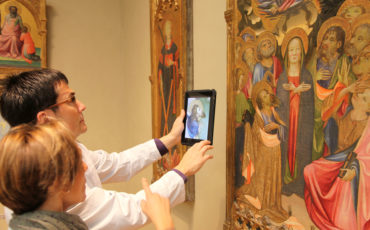
History of Medieval Art

Museum Studies

Visual Culture
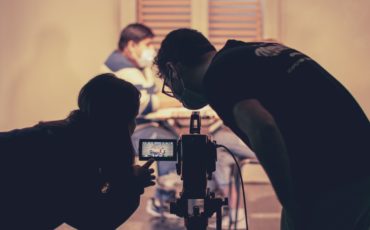
Audiovisual Media
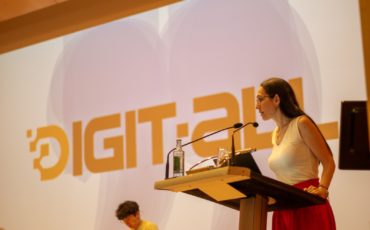
Scientific Communication

Digital Marketing
The research capacity of the department is demonstrated by the 62 six-year research terms recognised and awarded to faculty within the department. Specifically, 24 lecturers have been recognised for a minimum of one six-year research term.
personas
con 4 sexenios
personas
con 3 sexenios
personas
con 2 sexenios
personas
con 1 sexenio
DCADHA demonstrates leadership in scientific activities through 143 (regional, national and international) research projects led by faculty of the department. The knowledge generated has been imparted to society, specifically through research contracts with companies. There are currently 78 contracts led by DCADHA faculty members.
PhD in Communication and Cultural Industries
Furthermore, DCADHA’s research activity is expanding through the coordination of the PhD in Communication and Cultural Industries (ICC). The objective of this doctorate programme is to promote the research and assessment of different dimensions of digital change related to culture, communication and information. Thus, it promotes the transition from a descriptive discourse to the understanding of the sectoral structure of the communication of information and culture as a singular economic sector.
This PhD programme aims to consolidate and expand the research lines of different groups and members of staff within the department, including, but not limited to, the following areas:

Applied research in the cultural sector in certain communities.

Analysis of Information and Communication Technologies (ICT) in relation to expectations of optimal cost and time conditions.

Design and define the strategic decisions of an organisation in terms of relationships derived from the development and expansion of the web.
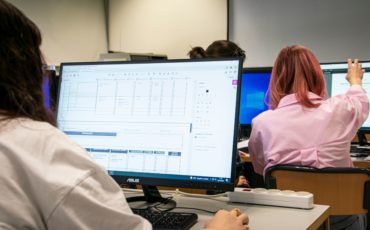
Identify concepts and fundamental problems of the Law-Internet link
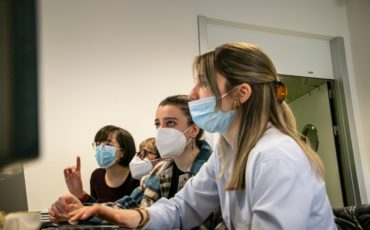
Describe and analyse the ecosystem of science publishing and evaluation, including relevant aspects for open science and the access and preservation of publications and data.
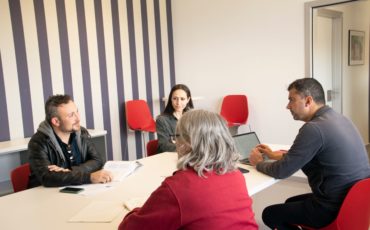
Innovate in processes related to methods, materials, applications and documentary and business organisations.

Design actions oriented toward the areas of government, citizen participation and transparency.
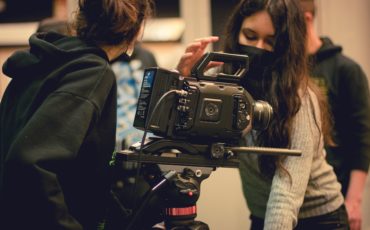
Define, study and analyse the characteristics and fundamentals of image, video and digital audio.

Implement creative and narrative codes and strategies in the different stages of creation and development of cultural products.
Since 2016, 24 doctoral theses have been defended, there are currently 77 registered PhD students and 30 research plan applications are presently under evaluation. This programme is a successor to the previous PhD programme (Cultural and Communication Industries). In terms of exact figures, 145 doctoral theses have been defended under the direction or co-direction of DCADHA.


